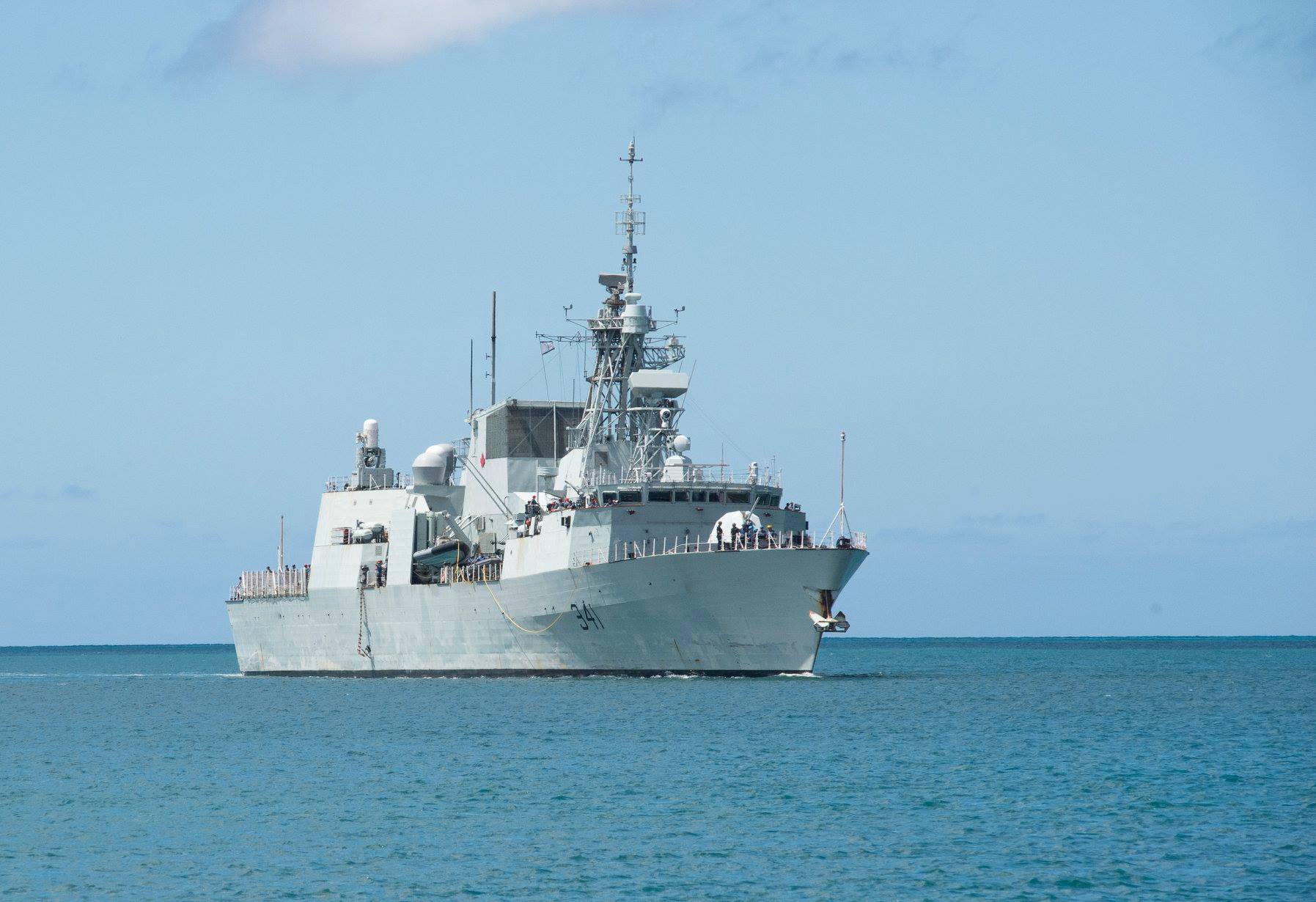- Reaction score
- 12,716
- Points
- 1,160
The big heads are looking for the silver bullet that right now seems to be unmanned systems. While I am not a complete luddite I'm of the opinion that unmanned warships are a bridge too far. This article points out the shortcomings of LCS as one of the bell ringers to relying too much on this type of tech.

The Unplanned Costs of an Unmanned Fleet
Two subjects are nearly inescapable in commentary about the U.S. Navy today. The first is the much-maligned, 15-year saga of the littoral combat shipwarontherocks.com
Thinking more about my "LCS Flotilla" response.
I have heard positive comparisons made between the billets in the Asterix to those in the CPFs. Is there a way to exploit that when sailing in a Task Force? Could crew assignments include a few days of rotation out of the CPFs for a short "decompression" in the Asterix?
Also, when the Task Force is at sea the Asterix supplies fuel and food and ammo. I assume she supplies spares as well? How about a senior engineering det of techs that can be put aboard the Task Force's ships when there is an immediate crisis, or even just an intractable problem? To take the load off the watchkeepers and to mentor youngsters without the same experience?


